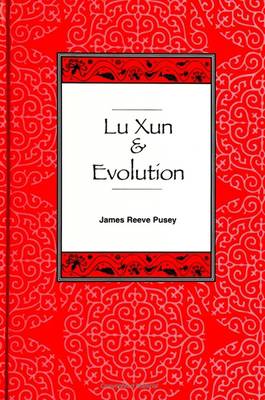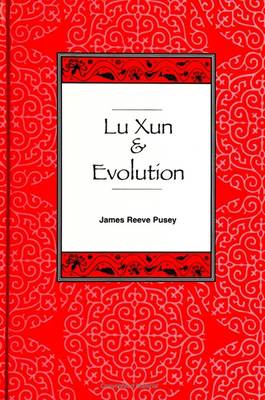
- Retrait gratuit dans votre magasin Club
- 7.000.000 titres dans notre catalogue
- Payer en toute sécurité
- Toujours un magasin près de chez vous
- Retrait gratuit dans votre magasin Club
- 7.000.0000 titres dans notre catalogue
- Payer en toute sécurité
- Toujours un magasin près de chez vous
Description
Lu Xun (1881-1936), China's greatest modern writer, remains important today both as an official icon and a patron saint of dissent. This book deals with Lu Xun's struggle to make sense of the "Darwinian Revolution." It illuminates not only Lu Xun's thought, but also the current crisis in Chinese thought caused by the loss of faith in Marxism.
This book studies one of the most important figures in modern Chinese intellectual history, China's greatest modern writer, Lu Xun (1881-1936). His trenchant criticisms of the China of his day still speak directly to what can be called, without hyperbole, the current crisis in philosophical and political thought in the People's Republic. It is also a study of a non-Western intellectual's struggle--in a time of crisis--to make practical sense of the "Darwinian Revolution," a revolution not limited to the West.
Although Lu Xun died more than sixty years ago, his work is still alive in China (more so than any American writer of the 1920s and 1930s is in the United States). He is viewed paradoxically as both an official icon and as a patron saint of dissent. This book is, therefore, about Lu Xun both in his lifetime and in his second lifetime--and it looks to his third. But it is not just about Lu Xun. It is about Lu Xun and evolution. As a philosophical critique of Lu Xun's thought, it looks to Lu Xun's struggle to make practical sense of evolution, a contradiction that forces "either/or" questions on the Chinese, and on us all.
Spécifications
Parties prenantes
- Auteur(s) :
- Editeur:
Contenu
- Nombre de pages :
- 249
- Langue:
- Anglais
- Collection :
Caractéristiques
- EAN:
- 9780791436486
- Date de parution :
- 29-01-98
- Format:
- Livre broché
- Format numérique:
- Trade paperback (VS)
- Dimensions :
- 155 mm x 226 mm
- Poids :
- 362 g

Les avis
Nous publions uniquement les avis qui respectent les conditions requises. Consultez nos conditions pour les avis.






